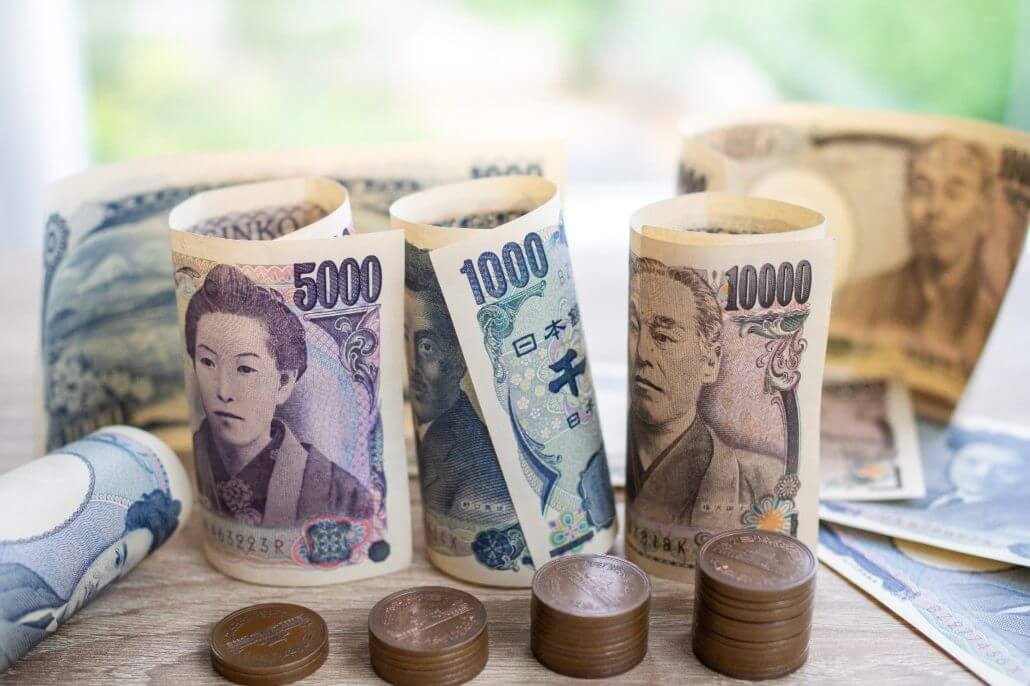According to the latest news, traders unloaded the Japanese yen and purchased riskier currencies and the greenback on Monday. Additionally, market confidence in the economy and world trade boosted as the Coronavirus vaccine developed, and Democrat Joe Biden won the presidential elections.
Since March, the yen, often called a leading safe-haven, witnessed the largest decline against the dollar. The U.S. dollar increased by 2.2%. Except for that, risk-on currencies, for example, the Australian dollar and Norwegian krone, boosted even more.
The moves started after president Joe Biden published his first steps as a president. Pfizer Inc’s and its German partner BioNTech SE announced that their experimental coronavirus vaccine was up to 90% effective in initial trial results. Consequently, the chances of defeating the coronavirus increased.
Furthermore, Joe Biden’s presidency is likely to support international trade through steady policies. Moreover, the prospect of a successful coronavirus vaccine acted as a major tailwind.
According to Mazen Issa, senior FX strategist at TD Securities, the yen’s move was an unwinding of earlier trades. He announced that there were a lot of long-yen positions built into the FX markets going into the election.
Additionally, the United States dollar also advanced 0.41% against the euro. Particularly, as markets became more confident that the new Covid-19 vaccine can help the U.S. economy to recover and increase fast enough to lift interest rates.
Mazon Issa announced that all of this might be leading to a narrative of U.S. exceptionalism, and capital flows into the United States rebound.
News of a vaccine provided a huge increase for risk appetite
Senior market analyst at foreign exchange broker OANDA, Ed Moya, reported the new vaccine news provided just a huge increase for risk appetite.
Ed Moya said that there was much anxiety in investors’ hopes for these vaccine trial results. The first one out of the gates had an incredible 90% effective rate, far exceeding the consensus. MoYa announced that we see a big reflation trade here.
Furthermore, Joseph Trevisani, senior analyst, FXStreet.com, announced that higher interest rates could help the dollar. According to him, when the U.S. economy is strong, that helps the greenback. Now, we have not seen much of that in the coronavirus era.
Furthermore, bond yields increased in Europe and the U.S. Besides, leading stock indexes advanced 4%.
The greenback advanced 0.57% and settled at 92.695 against a basket of currencies, while last week, it touched a 10-week low and stood at 92.12.











